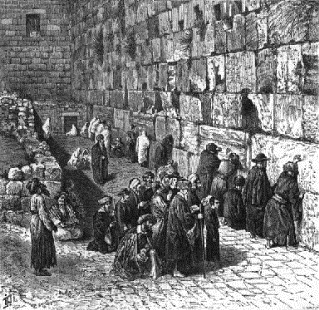Our Mission
|
This has caused widely divergent interpretations of their writings. However, through the application of sound hermeneutical principles, we believe that the message of the prophets can be objectively ascertained, and that it is best understood by that school of interpretation called "preterism."
Preterism is from the Latin, praeteritus, signifying that which has passed. It is the view of this site that the things normally associated with the last days and Christ's second coming were fulfilled in the world events culminating in the destruction of Jerusalem by Rome in A.D. 70. Christ and his apostles made numerous express statements placing Christ's return within the life and generation of the first Christians:
Matt. 16:27, 28 - For the Son of man shall come in the glory of his Father with his angels; and then he shall reward every man according to his works. Verily I say unto you, There be some standing here, which shall not taste of death, till they see the Son of man coming in his kingdom.
Matt. 24:30, 34 - And then shall appear the sign of the Son of man in heaven: and then shall all the tribes of the earth mourn, and they shall see the Son of man coming in the clouds of heaven with power and great glory...Verily I say unto you, This generation shall not pass, till all these things be fulfilled.
Sound principles of hermeneutics require that difficult passages of scripture be interpreted in light of the plain. As between express statements placing the time of Christ's return within the lives of the apostles, and the hyperbolic language of the prophets which seems to suggest the physical world was to meet its end, we must allow the former to guide our interpretation and not the latter. Indeed, study of the Old Testament prophets will show that times of world judgment were always described in precisely the sort of poetic language we encounter in Revelation and the New Testament describing world events ending with the destruction of Jerusalem. (See, for example, Isa. 13 and 34, describing God's judgment upon the world in the armies of Babylonian and the Mede-Persian Empires.)
We welcome you to the fascinating study of eschatology and preterism; the approach to prophecy held by Jesus and the apostles themselves!
To receive Kurt Simmons’ e-mail newsletter, The Sword & The Plow, click the Subscribe link:
All rights reserved.







